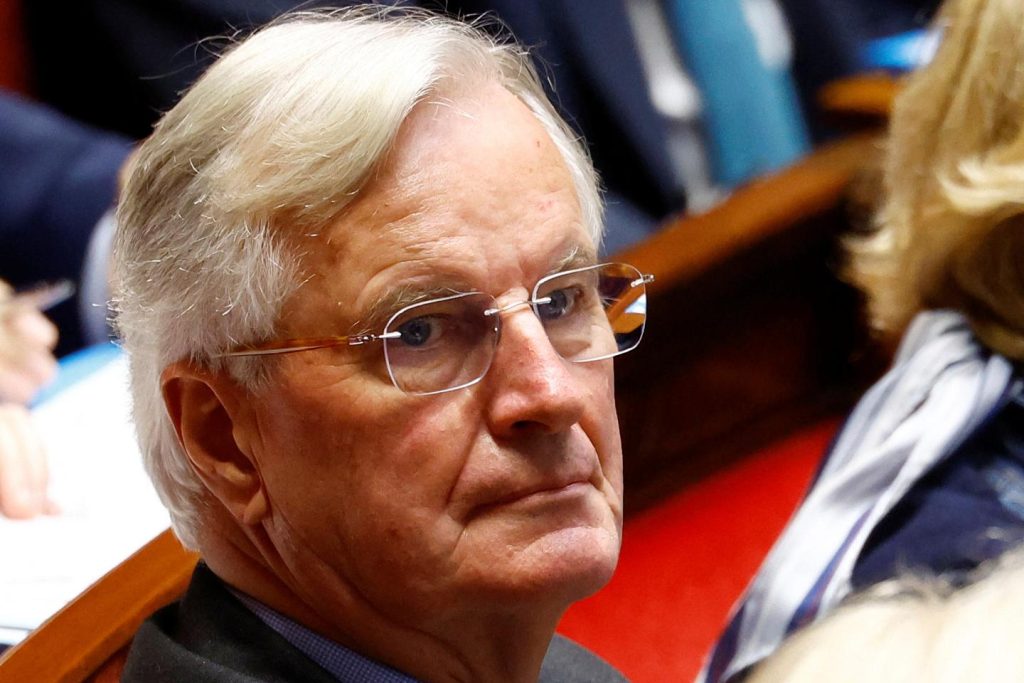Michel Barnier, the current Prime Minister, has not yet used the controversial constitutional tool known as the “49.3” to push through a bill without a vote, despite the ongoing budget debates in the Assembly. Unlike his predecessor Elisabeth Borne, who utilized the 49.3 in 2023 to swiftly pass a part of the 2024 budget, Barnier is taking his time due to his smaller parliamentary support and the risk of being overthrown at any moment. He emphasizes listening to parliamentarians and avoiding rushed decisions, showcasing his ability to communicate effectively while also being perceived as rigid or abrasive at times.
Barnier’s decision to delay the use of the 49.3 allows him to demonstrate to the public the irresponsibility of certain MPs engaged in endless disputes and fiscal escalations, positioning himself as a prudent leader navigating a fragile coalition government. Despite facing internal conflicts and resentments within his coalition, Barnier tries to maintain cohesion through informal gatherings and meetings with parliamentary group leaders, avoiding direct involvement in group conflicts to preserve his authority. This detachment strategy aims to create the impression of selfless action to address the inherited crisis, earning him sympathy from some observers and constituents.
The ongoing parliamentary discussions and power struggles within the coalition reflect the challenges faced by Barnier in maintaining political stability and navigating the complex dynamics of various political groups. By engaging in social gatherings and weekly meetings with parliamentary group leaders, Barnier attempts to bridge gaps and foster cooperation among the diverse factions within the government. His approach of playing the waiting game while projecting a sense of detachment and non-interference is seen as a strategic move to garner support and goodwill from a fatigued public, tired of political tensions and ego clashes.
As Barnier continues to avoid using the 49.3 and emphasizes the importance of dialogue and debate within the Assembly, he positions himself as a leader committed to transparency and open communication. By refraining from hasty decisions and allowing the parliamentary process to unfold, he seeks to build consensus and address the challenges facing the government. Despite facing criticism for his cautious approach, Barnier’s measured strategy appears to resonate with some constituents and observers who appreciate his deliberate and inclusive leadership style in the face of a turbulent political landscape.
The delicate balance between maintaining parliamentary support, addressing internal divisions, and responding to public expectations poses a significant challenge for Barnier as he navigates the complex political landscape. By prioritizing dialogue, consultation, and consensus-building, he aims to strengthen his position and instill confidence in his leadership abilities. As he continues to face uncertainties and obstacles on the political front, Barnier’s strategic approach of patience and prudence serves as a testing ground for his governance and decision-making capabilities in a challenging political environment.















